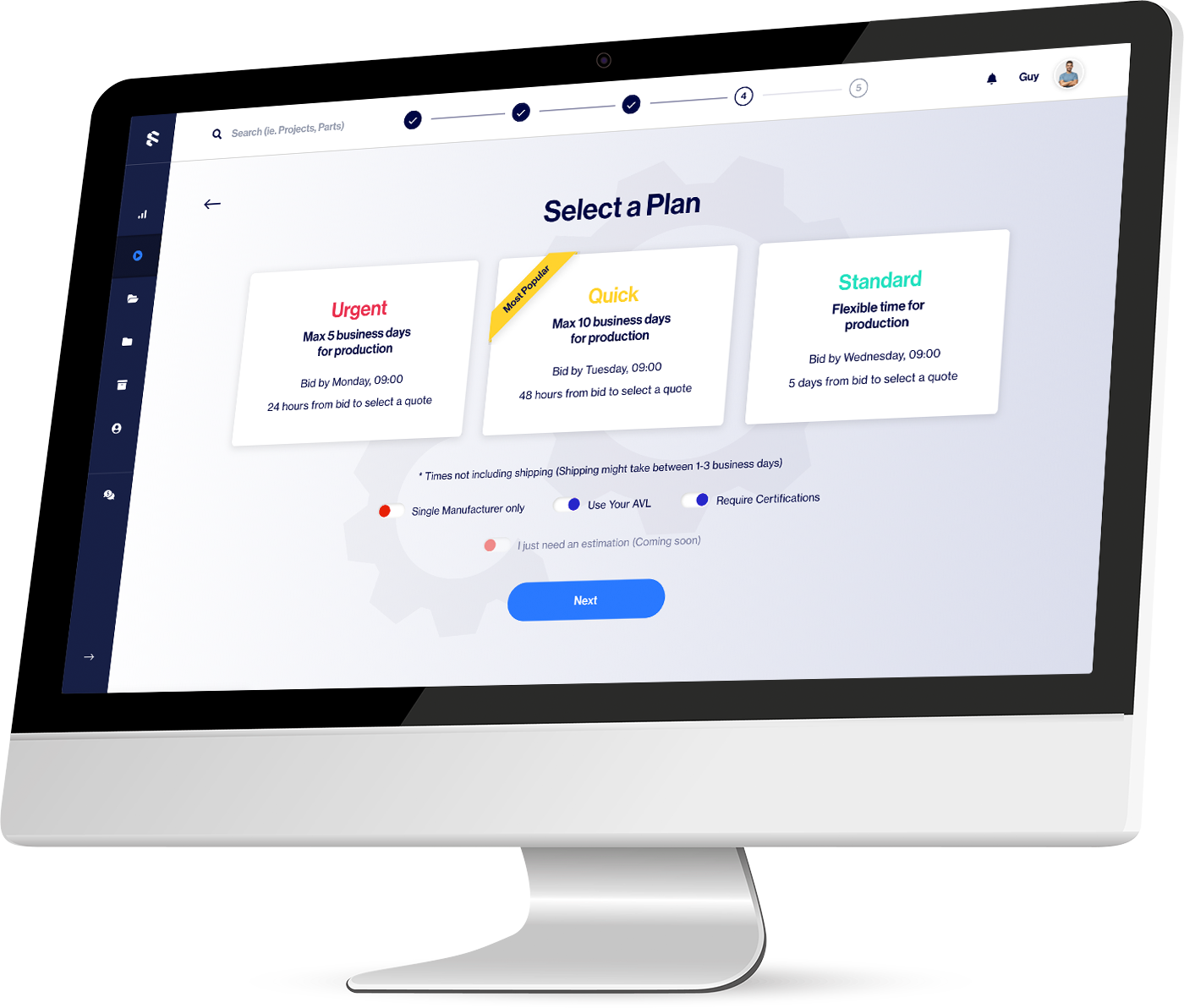Introduction
In the ever-evolving landscape of supply chain management, a new trend has become the linchpin for success—the critical role of data. It is not just a trend; it’s a fundamental shift that has reshaped the way businesses approach decision-making within their supply chains. The ability to harness and leverage data has evolved from being advantageous to becoming paramount. Informed decisions driven by data are now key to driving efficiency, reducing costs, and enhancing overall supply chain performance. This article embarks on an exploration of the profound significance of data in the modern supply chain, elucidating how companies can not only stay relevant but gain a competitive edge by embracing the transformative power of shared platforms for procurement insights.
The Power of Data in Decision-Making
The journey through the supply chain has been revolutionized by the infusion of data into every facet of operations. Data is the lifeblood of the contemporary supply chain, offering a treasure trove of insights at each stage—from procurement and manufacturing to distribution and delivery. Its role is not merely observational; it’s transformative. Organizations armed with this wealth of information are empowered to make well-informed decisions, identifying inefficiencies, optimizing processes, and responding with agility to the ever-changing dynamics of the market.
The granular understanding provided by data allows businesses to navigate the complexities of the modern supply chain with confidence. Through analytics tools and real-time visibility, organizations can refine their decision-making processes, ensuring that every step is aligned with the overarching goal of efficiency and excellence.
Harnessing Data in Procurement
Procurement, often considered the heart of the supply chain, has undergone a paradigm shift catalyzed by the marriage of advanced analytics and big data. The traditional reliance on historical data, market trends, and supplier relationships is being eclipsed by a new era of real-time insights and predictive analytics.
The advent of data analytics tools has elevated procurement to unprecedented levels of efficiency. Real-time visibility into supplier performance, coupled with the ability to track market trends, positions organizations to make decisions that are not just reactive but proactive. Cost-saving opportunities are unearthed through a thorough analysis of the vast datasets available, allowing companies to make strategic procurement decisions that impact the bottom line positively.
The Rise of Shared Platforms
As the value of data in procurement gains widespread recognition, a new trend is emerging—the rise of shared platforms. These collaborative ecosystems bring together multiple companies, creating an interconnected network where procurement data is shared among participants. This communal approach to procurement not only fosters transparency but also opens avenues for shared intelligence and synergistic decision-making.
A. The Collaborative Ecosystem
Shared platforms transcend traditional boundaries, creating an environment where data is a shared asset. This collaborative ecosystem enables businesses to tap into the decisions and insights of others. It’s not just about individual companies making better decisions; it’s about the collective intelligence of the ecosystem driving smarter, more informed choices.
B. Advantages of Shared Platforms
Case Studies and Practical Examples
To illustrate the tangible impact of data-driven decision-making and the use of shared platforms in procurement, we delve into real-world case studies. These examples showcase how companies have successfully implemented data-centric strategies to achieve quantifiable results.
A. Real-World Implementations
Challenges and Considerations
While the potential advantages of shared platforms and data-driven decision-making are substantial, it’s essential to acknowledge and address the challenges and considerations that accompany this transformative journey.
A. Privacy and Security Concerns
-
Data Security:
-
Address concerns related to the sharing of sensitive procurement data on shared platforms.
-
Explore encryption and secure protocols to safeguard data integrity.
-
Discuss how state-of-the-art encryption allows secure manipulations on information without compromising identity or revealing sensitive data.
-
Compliance:
B. Integration Challenges
The Vision of ManuFuture: Bringing Data Insights to Each Company
In alignment with the evolving landscape of supply chain management, the vision of ManuFuture encompasses a commitment to delivering data insights to each company individually. The collective intelligence shared through platforms is not only about creating a communal reservoir of knowledge but also about tailoring these insights to the unique needs and goals of each organization. This vision underscores our dedication to empowering companies to navigate the supply chain with precision, leveraging data-driven decision-making to unlock new dimensions of efficiency, innovation, and success. As we journey into the future, the realization of this vision holds the promise of reshaping supply chain management on a global scale.

